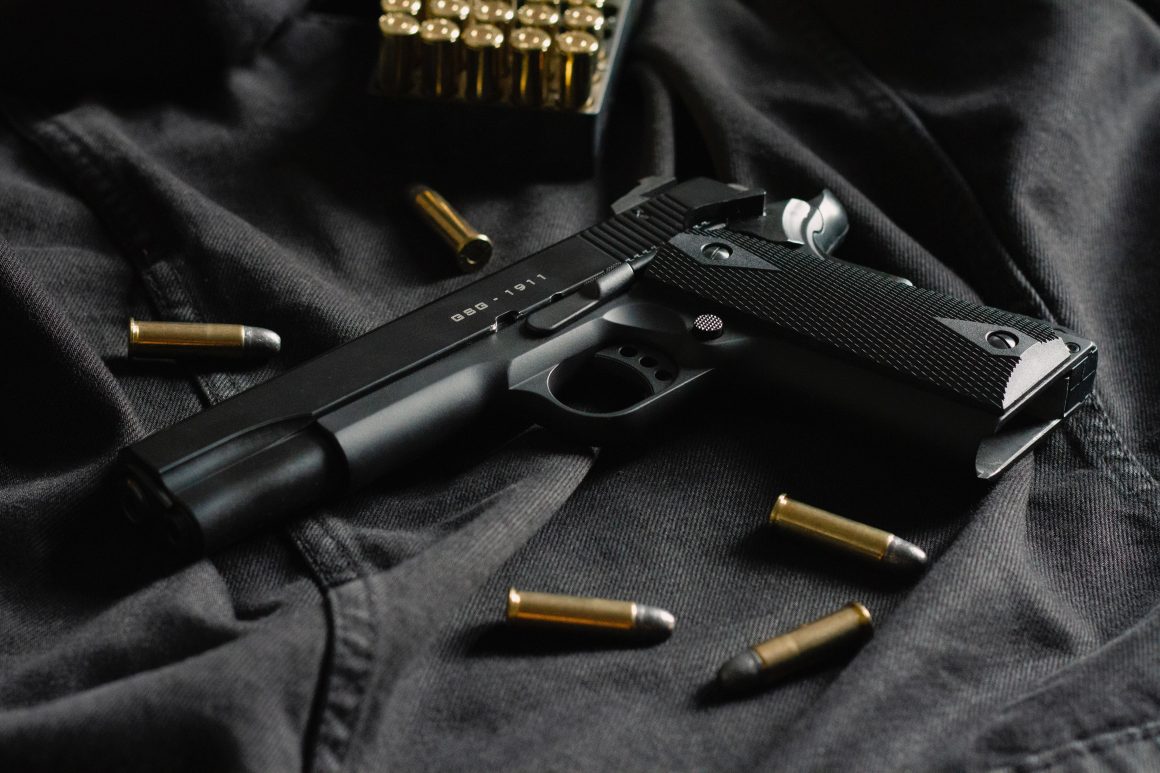
Getting rid of guns: A short case for gun control
By Christian Lowry, January 6 2021—
In late October and early November of 2020, there was a spate of high-profile attacks on innocent people. In Quebec City, a man in a medieval costume killed two people and injured five with a sword. In Vienna, Austria, four people were shot to death by a religious extremist. In Nice, France, another three died in a stabbing attack, just two weeks after a schoolteacher was beheaded for showing a cartoon of the Prophet Muhammad to his class.
The fear and revulsion understandably generated by such crimes engender a desire to protect oneself and others from similar occurrences, such as through expanding civilian gun ownership and lifting many existing regulations on the possession of firearms. In analyzing these concerns, I will primarily examine the experience of the United States, due to its uniquely high rate of civilian gun ownership and its constitutional right to bear arms.
To begin, it is true that some responsible, well-trained gun owners manage to effectively defend themselves, their loved ones and their property with guns. However, despite the fact that nearly one in three Americans own a gun, and that roughly 29 million violent crimes were reported in the United States between 2007 and 2011, there were only 1,031 justifiable homicides committed by civilians with firearms.
Nor is mass gun ownership simply ineffective — it is extremely deadly. Between 1999 and 2013, 462,064 Americans died from gunshot wounds, and 863,203 were injured. The silent toll of mass gun ownership in the United States is so widespread and commonplace that it no longer rivets our attention in the way that mass shootings, stabbings or vehicular attacks do. In short, for each criminal killed in self-defense by a legal gun owner, there are 34 deaths from criminal gun uses, 78 gunshot suicides, and two accidental deaths.
It helps, of course, that so many guns exist for criminals to steal. Between 2007 and 2011 alone, 1.2 million legally-owned firearms were reported as stolen. In the United States, hundreds of millions of gun owners are expected to exercise sound judgment regarding deadly weapons that serve no useful everyday purpose, in expectation of deadly crimes that gun owners rarely encounter.
We often hear that if we ban civilian gun ownership to stop crime, criminals will counter by using knives, hammers, vehicles and other everyday implements to attack their victims. Yet even if the same number of offenders used them in place of guns, it would be a marked improvement over the status quo. Their crimes would be dramatically less impactful on an otherwise peaceful society.
Unlike guns, such tools serve too many useful functions to make them worth the trouble of banning. They are also far less deadly. Generally, knives and similar instruments can only be used within arm’s length of the attacker, with less power and speed. Their users are easily overpowered and disarmed by a group of nearby people. In contrast, guns can be used rapidly, with far greater lethality, and at longer ranges, precluding the possibility of easily disarming their users.
For these and many other reasons, it’s time to get rid of civilian-owned guns, in the United States and other countries that might somehow be influenced by it. If we were to adopt an American-style firearm policy in Canada, we might stop a few deadly attacks by criminals and terrorists, but we would replace them with many more preventable deaths from suicide, crime, and accidental shootings in the process. It is crucial that in moments of outrage and mourning, we do not direct our focus to policies that offer a solution that is worse than the problem. Our immediate concern should be for the existing and would-be victims of crime whose well-being might be preserved, not the souls or health of the attackers.
This article is part of our Opinions section and does not necessarily reflect the views of the Gauntlet’s editorial board.
